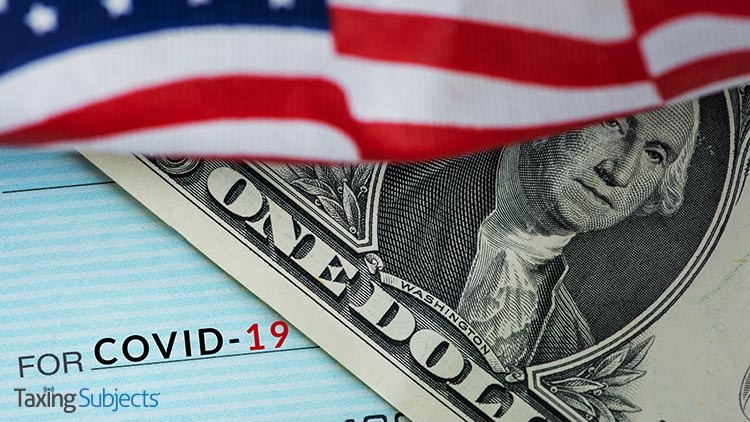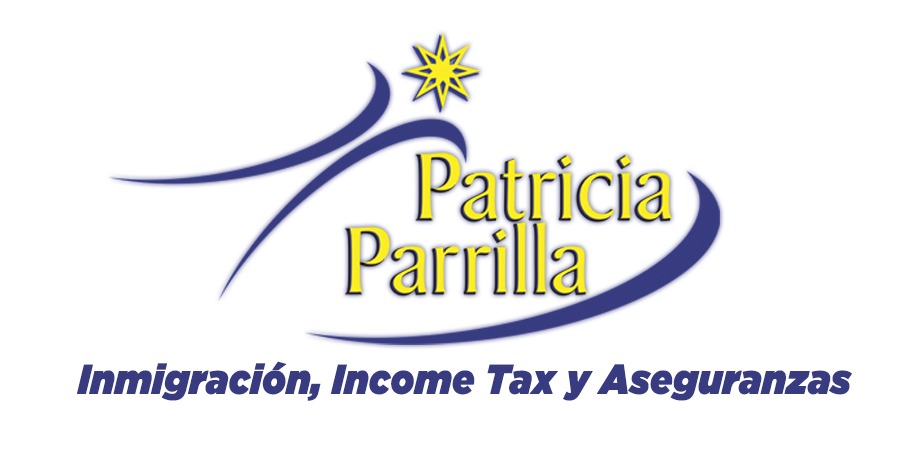
The Internal Revenue Service is reminding employers who have been impacted by the Coronavirus pandemic that three new credits are available for them.
The first of these, the Employee Retention Credit, is intended to encourage businesses to keep employees on the payroll. The ERC is a refundable tax credit of 50% up to $10,000 in wages paid by an eligible employer whose business has been financially affected by COVID-19.
The credits available to all employers, regardless of size, and includes tax-exempt organizations. The IRS says there are only two exceptions to this credit: State and local governments and their instrumentalities, and small businesses who take small-business loans.
What are the qualifications for employers?
There are only two qualifications and employers have to meet one or the other:
- The employer’s business is fully or partially suspended by government order due to COVID-19 during the calendar quarter.
- The employer’s gross receipts are below 50% of the comparable quarter in 2019. Once the employer’s gross receipts go above 80% of a comparable quarter in 2019, they no longer qualify after the end of that quarter.
Employers will calculate these measures each calendar quarter.
What are the paid sick leave and family leave credits?
The paid sick leave credit is aimed at giving businesses a tax credit for an employee who is unable to work (including working from home) because of Coronavirus quarantine or self-quarantine. It also applies if the employee has Coronavirus symptoms and is seeking a medical diagnosis.
Those employees are entitled to paid sick leave for up to 10 days (up to 80 hours) at the employee’s regular rate of pay up to $511 per day and $5,110 in total.
Employees are also entitled to paid family and medical leave amounting to two-thirds of the employee’s regular pay, up to $200 per day and $10,000 in total. Up to 10 weeks of qualifying leave can be counted toward the family leave credit.
Businesses can be reimbursed immediately for the credit by reducing their required deposits of payroll taxes that have been withheld by the amount of the credit.
Eligible employers can immediately get a credit in the full amount of the required sick leave and family leave—plus related health plan expenses and the employer’s share of Medicare tax on the leave—for the period of April 1, 2020, through Dec. 31, 2020. The refundable credit is is applied against employment taxes on wages paid to all employees.
How do businesses get the Employee Retention Credit?
The IRS says getting the credit is as simple as reducing the required deposits of payroll taxes that have been withheld from workers’ wages. The reduction is made by the amount of the credit.
An IRS release has further details: “Eligible employers will report their total qualified wages and the related health insurance costs for each quarter on their quarterly employment tax returns or Form 941 beginning with the second quarter. If the employer’s employment tax deposits are not sufficient to cover the credit, the employer may receive an advance payment from the IRS by filing Form 7200, Advance Payment of Employer Credits Due to COVID-19.”
For more information about these credits, check out Employee Retention Credit FAQs and Paid Family Leave and Sick Leave FAQs, or the IRS fact sheet on the Employee Retention Credit.

 Patricia Parrilla Tax Services
Patricia Parrilla Tax Services